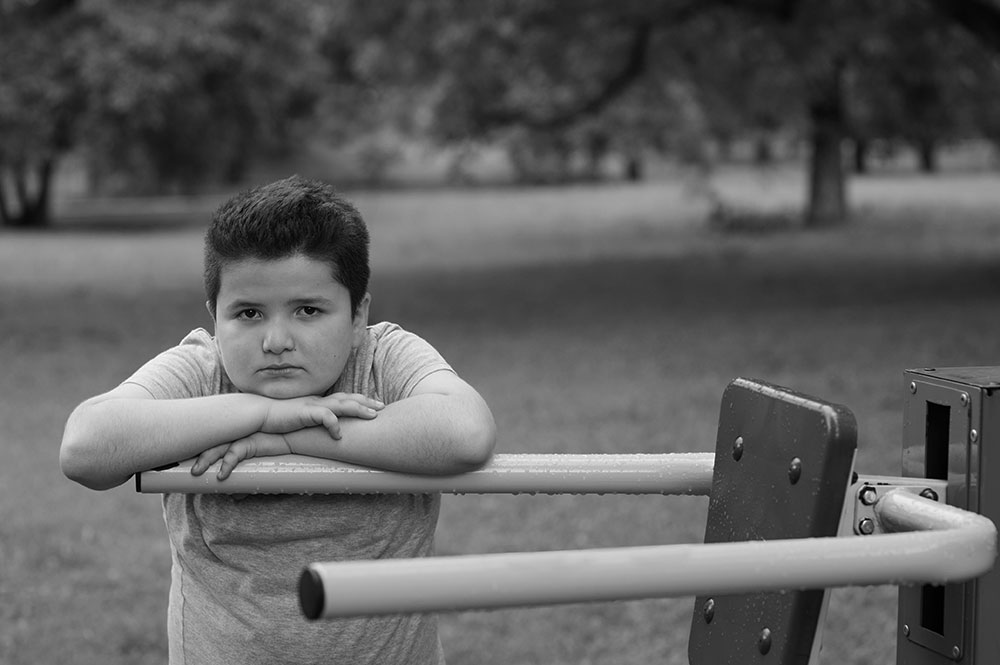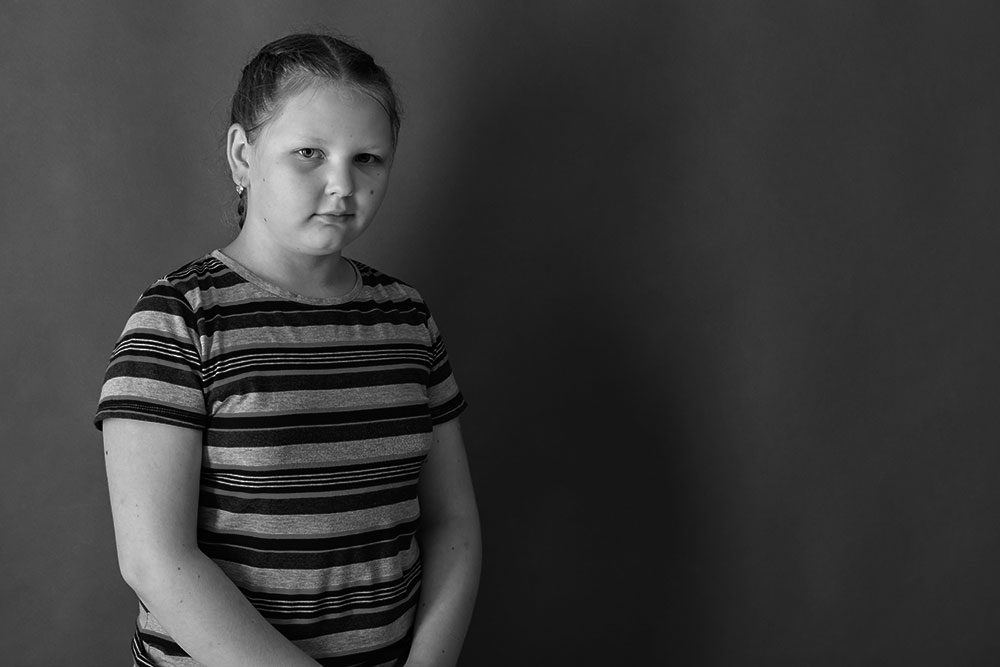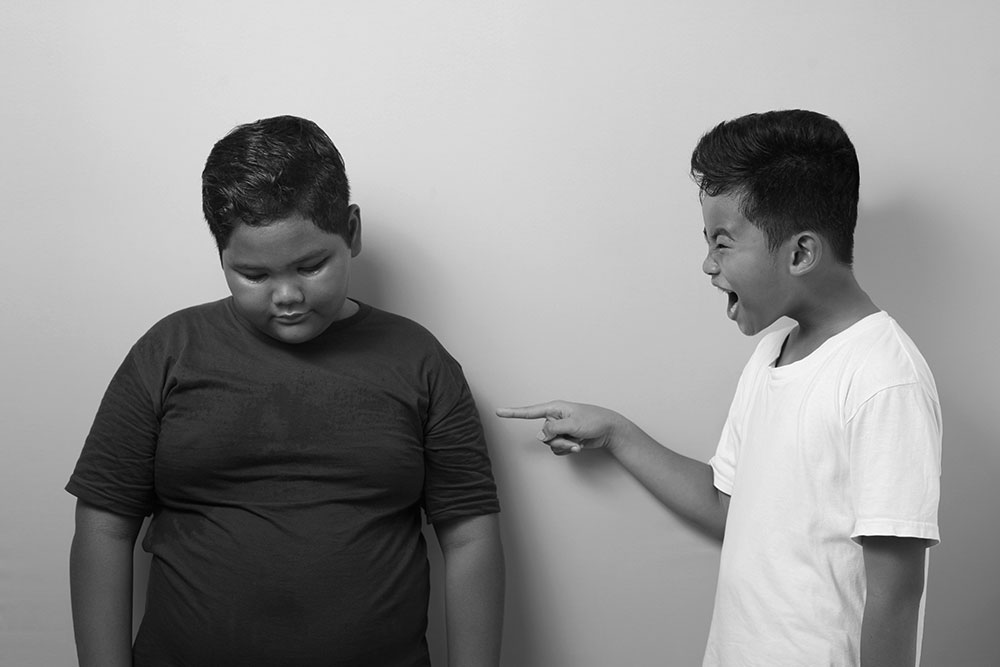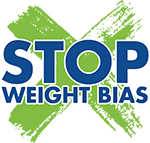Weight Bias in Children


Bullying and Peer Victimization


Peer victimization can have a harmful impact on the wellbeing of children. It can be defined as negative actions and behaviors toward peers. Examples of peer victimization among children include bullying, teasing, rejection, harassment and any type of negative attitudes towards the victim.
Students affected by obesity are viewed as self-indulgent, lazy and are excluded from social activities by their peers. Having excess weight or obesity is one of the most common causes of why children are teased at school, however, weight bias towards children can come from anyone in their lives including family members, classmates and even teachers.
At least 30% of girls with excess weight and 24% of boys with excess weight report being teased by peers at school.
Educators report that students affected by excess weight are perceived as less likely to succeed at school


Weight Bias in Children Can Cause:
- Anxiety
- Depression
- Eating disorders
- Low self-esteem
- Decline in health
What can I do to #StopWeightBias
1. Ask yourself if you hold negative opinions about people with excess weight. If so, remember obesity is a complex disease with multiple causes including genetic, biological, and other noncontrollable factors.
2. Challenge people who express negative opinions about people with excess weight.
3. Be Part of the Solution. With your help, we can build a better world, free of weight bias. We deserve a world where everyone is treated with dignity and respect.
Join the movement to Stop Weight Bias!
Click Here to Get Started!
